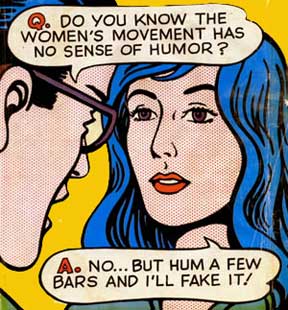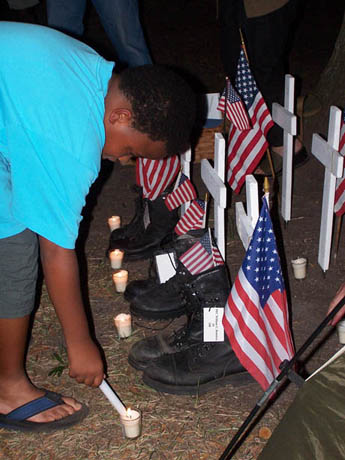
Reading Suzanne Levine’s account of her years at Ms., brought back fond memories of my own about the magazine that changed my life. My sister had a subscription in high school, and I became an avid reader of Ms. in 7th grade. It educated and inspired me, and started me on the path of political activism.
In college, I spent a week in New York City in search of a summer internship. My first stop was at Ms. Although the magazine wasn’t hiring, then-editor Pat Carbine spent a couple of hours with me talking about my aspirations and calling editor friends in the city to see about other job options. Looking back, it moves me that such a powerful woman would take time out of her busy day to help a kid with big dreams and no plan.
I ended up spending my summer in New York at McCall’s magazine. But I will never forget the kindness of the good people at Ms. I congratulate them on helping grow the feminist movement not just here but around the world.
Becci Robbins
********
Ms. Memories
By Suzanne Braun Levine
The Women’s Media Center
It is always stunning to me to realize that an event that still lives in my contemporary memory actually took place decades ago; so when I was invited to a 35th anniversary celebration for Ms. Magazine (yes, it lives! The current publishers are the Feminist Majority Foundation), it was as though my life was flashing before my eyes. I joined the magazine in the summer of 1972 for the very first monthly issue. When we put Wonder Woman on the cover, we felt empowered and protected by her magic bracelets. But I had no idea what a life-changing and world-changing adventure I had signed up for.
At the time I was an only half-awake feminist. But I did have one bond with the magazine. When the Preview Issue came out the previous winter it featured a list of celebrities who admitted that they had had illegal abortions; amended to the article was a coupon for other women to add their names. I filled out the coupon, glad to step forward on an issue that mattered a lot to me. By the time those coupons were being compiled, I was on the job and actually found and opened my envelope.
The women I worked with came from a range of backgrounds – the civil rights movement, the feminist movement, and those like myself who were magazine types and somewhat less activist. I wore a pink silk blouse and matching cashmere skirt to my first day of work – only to discover that my “desk” was a pile of boxes in a small dusty room I shared with three others. It didn’t take long before I – along with many of the readers of Ms. – was becoming radicalized by the injustices toward women that we were encountering at every turn. I was also a little scandalized by some of the more way-out seeming discussions that I found myself editing. Back then, I found the idea of not shaving your legs, for example, almost unthinkable. And “Liberating Masturbation” … Well, you can imagine.
Continue reading →




